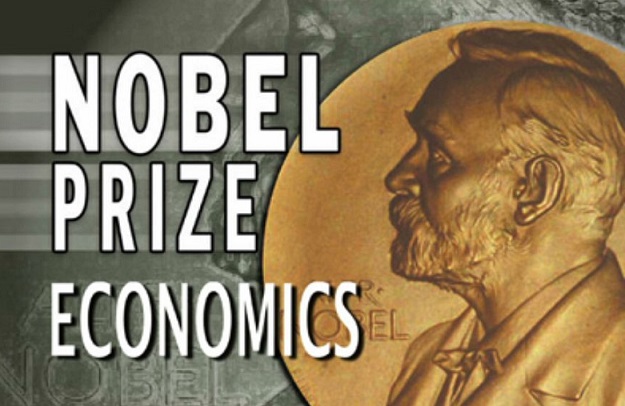Nobel Economics Prize: Richard Thaler wins 2017 edition

U.S. economist Richard Thaler won the 2017 Nobel Economics Prize for his contributions in the field of behavioral economics, showing how human traits affect supposedly rational markets, the Royal Swedish Academy of Sciences said on Monday.
His “Nudge” theory, outlined along with former White House adviser Cass Sunstein, suggests small incentives can prod people into making certain decisions. His work has informed politicians looking for ways to influence voters and shape societies at a time when budget deficits limited their scope to spend. Former U.S. President Barack Obama and former U.K. Prime Minister David Cameron both appointed teams to study if behavioral economics could be used to save their governments money.
In his award citation, the Academy said his research had harnessed psychologically realistic assumptions in analyses of economic decision-making, exploring the consequences of limited rationality, social preferences, and lack of self-control.
“In total, Richard Thaler’s contributions have built a bridge between the economic and psychological analyses of individual decision-making,” the award-giving body said on announcing the 9 million Swedish crown ($1.1 million) prize.
"His empirical findings and theoretical insights have been instrumental in creating the new and rapidly expanding field of behavioral economics, which has had a profound impact on many areas of economic research and policy."
The economics prize, officially called the Sveriges Riksbank Prize in Economic Sciences in Memory of Alfred Nobel, was established in 1968. It was not part of the original group of awards set out in dynamite tycoon Nobel’s 1895 will.
Economy is the last of this year's Nobels. The prizes for physiology or medicine, physics, chemistry, literature and peace were all awarded last week.

